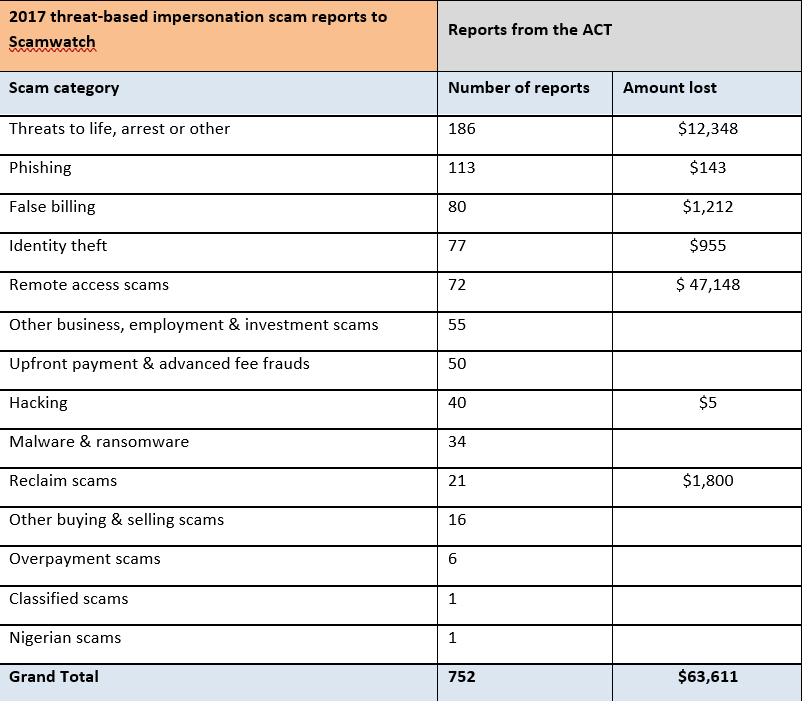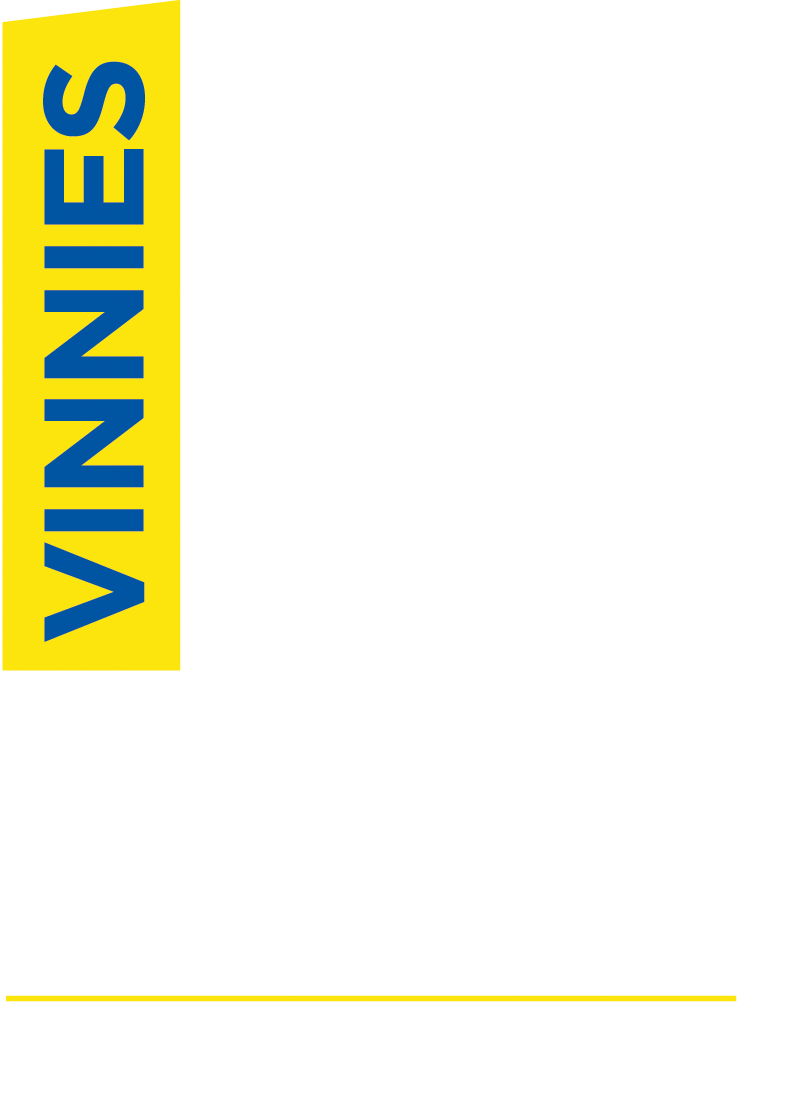
Scams Awareness Week runs from Sunday (20 May) until next Sunday (27 May). File Photo.
Canberrans have reportedly lost more than $60,000 last year to scammers, according to new data from Australian Competition and Consumer Commission’s Scamwatch.
Figures released to coincide with Scams Awareness Week, which began on Sunday (20 May), showed 752 reports were made to Scamwatch last year.
The watchdog reported that Canberrans lost $47,000 to what is known as a ‘remote access scam’, where a caller often pretends to be from a large telecommunications or computer company such as Telstra, the NBN or Microsoft.
The scammer will try to convince the resident that they have a computer or internet problem and they need to buy new software to fix the problem.
The caller tries to talk them into buying unnecessary software or a service to ‘fix’ the computer, or ask for personal, bank or credit card details.
Scamwatch is urging Canberrans to be on the lookout for threat-based impersonation scams by taking a moment to, ‘Stop and check: is this for real?’
According to the watchdog, $12,000 was lost to threats to life scams and was the most reported scam in 2017, while just under $2000 was lost due to reclaim scams.
The watchdog reported that some residents were threatened if they did not comply with the scam, with some scammers quoted as saying – “they said my house was under surveillance” and “he knew my name, address, tax file number… I believed him” and “I am sure that he said ‘we will kill you.'”
If faced with a possible scam, Canberrans are encouraged to:
- Ask yourself whether the person or business that’s contacted you out of the blue is who they say they are.
- Verify the identity of the contact through an independent source, such as a phone book or online search, then get in touch with them to ask if they contacted you. Don’t use the contact details provided by the caller or in the message sent to you.
- Never send money, or give your banking or credit card details or other personal information to anyone you don’t know or trust, and never by email or over the phone.
- Know that a government agency or trusted business will never ask you to pay them with gift or store cards, iTunes cards, wire transfers or bitcoin.
- Never give anyone remote access to your computer if they’ve contacted you out of the blue – whether through a phone call, pop up window or email.

Data supplied by Scamwatch.
For more information about these scams, where to get help or to report a scam, visit the Scamwatch website.













